Now that we've introduced you to the contents of a whole egg, we're going to focus on the yolk in particular.
The yolk is located in the central part of the egg. Its function is to provide food for the development of the animal embryo.
Interestingly, some egg types do not contain an yolk.
Here's what's in the egg yolk:
- Energy - 1346 kcal;
- Carbohydrates - 3.59 g;
- Sugar - 0.56 g;
- Sucrose - 0.07 g;
- Glucose - 0.18 g;
- Fructose - 0.07 g;
- Lactose - 0.07 g;
- Maltose - 0.07 g;
- Galactose - 0.07 g;
- Fat - 26.54 g;
- Saturated fats - 9,551 g;
- Monounsaturated fats - 11, 738 g;
- Polyunsaturated fats - 4,204 g;
- Cholesterol - 1085 mg;
- Protein - 15.86 g;
- Ash - 1.71 g;
Vitamins in an egg yolk:
- Vitamin A - 41%;
- A-carotene 38 g;
- B-carotene - 1090 g;
- Vitamin B1- 0.176 mg;
- Vitamin B 2- 0, 528 mg;
- Vitamin B 3- 0.024 mg;
- Vitamin B5 - 2.99 mg;
Minerals in an egg yolk:
- Calcium - 129 mg;
- Iron - 2.73 mg;
- Magnesium - 5 mg;
- Phosphorus - 390 mg;
- Potassium - 109 mg;
- Sodium - 48 mg;
- Zinc - 2.3 mg;
- Copper - 0.077 mg;
- Manganese - 0.065 mg;
- Selenium - 55 mg
Also have a look how to separate the yolks from the egg whites or how to boil eggs.
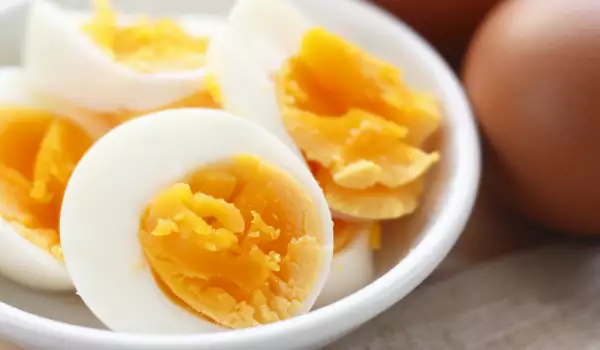
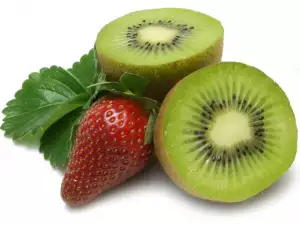
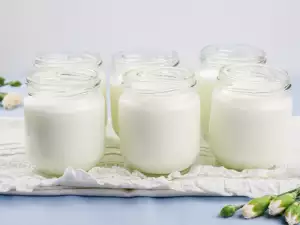



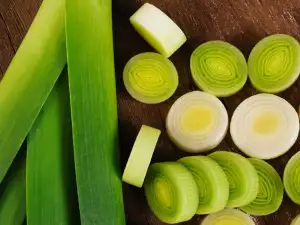



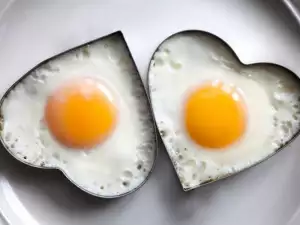

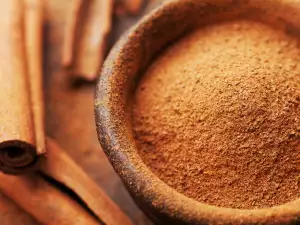






Comments